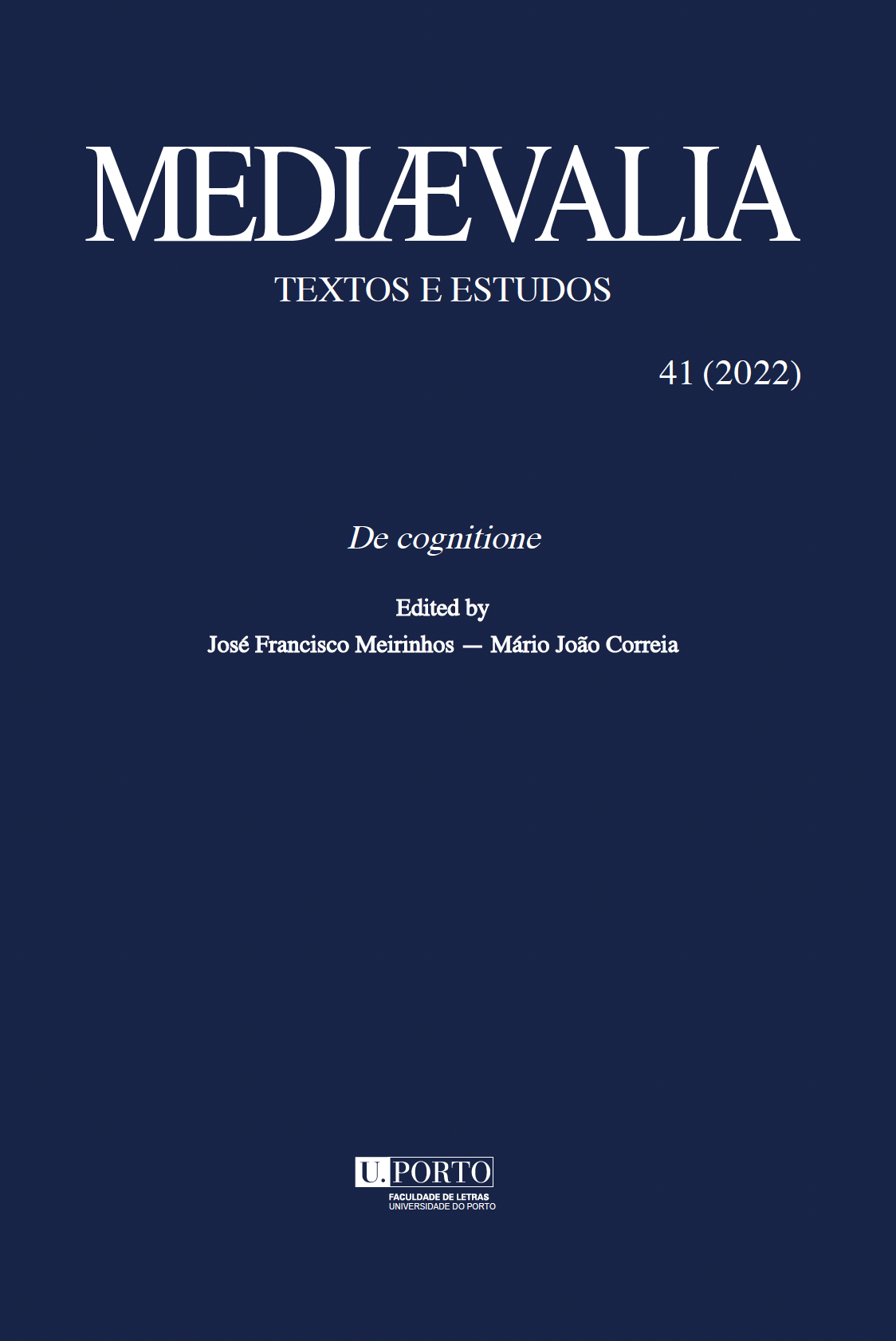Nihil sub sole novum? The Jesuit Criticism of the Thomistic Views on the Doctrine of Illumination
Abstract
Based on the explanation given by three sixteenth-century Portuguese Jesuits to the question on how the agent intellect illuminates the phantasm we analyze the criticism that the three make to a set of opinions presented by the via Thomistica to the problem at issue. In this study, the answer to the question about the production of the intelligible by the agent intellect is framed in the context of the controversy which took place at the end of the fifteenth century about the possibility of rationally demonstrating the immortality of the soul. The study shows that, in criticizing the position of the Thomists, the Jesuits aim to elaborate an answer that not only clearly shows the superiority, autonomy and immateriality of the agent intellect in the production of the intelligible but also serves as a solid foundation for demonstrating the immortality of the soul.
Keywords: Jesuit commentaries on Aristotle’s De anima III, 5 (Coimbra, 16th century); agent intellect; illumination of phantasm; intelligible species; immortality of the soul.
Medieval and Early Modern Age Authors Studied: Thomas Aquinas, Durand of Saint-Pourçant; John Capreolus; Chrysostom Javelli; Francisco Sylvester of Ferrara; Thomas de Vio, Cajetan; Francisco of Toledo; Francisco Suárez; Marcos Jorge; Cristóvão Gil; Manuel de Góis.
Downloads
Published
Issue
Section
License
Copyright (c) 2023 Paula Oliveira e Silva

This work is licensed under a Creative Commons Attribution-NonCommercial-NoDerivatives 4.0 International License.







